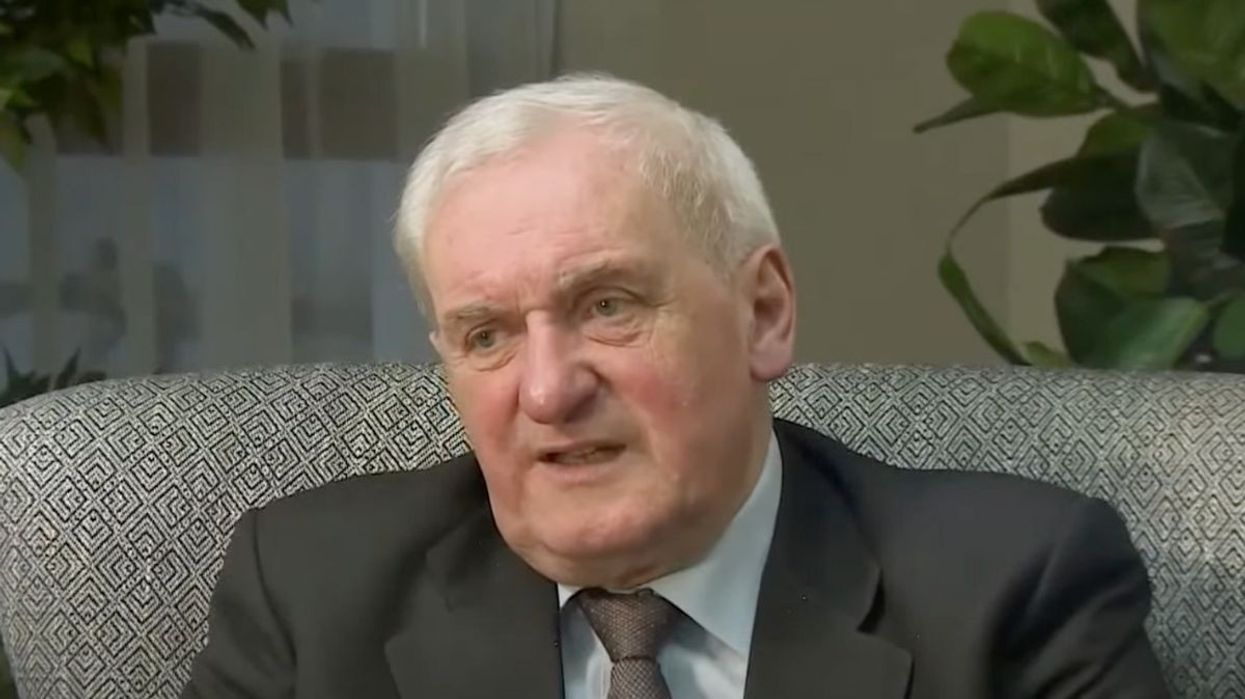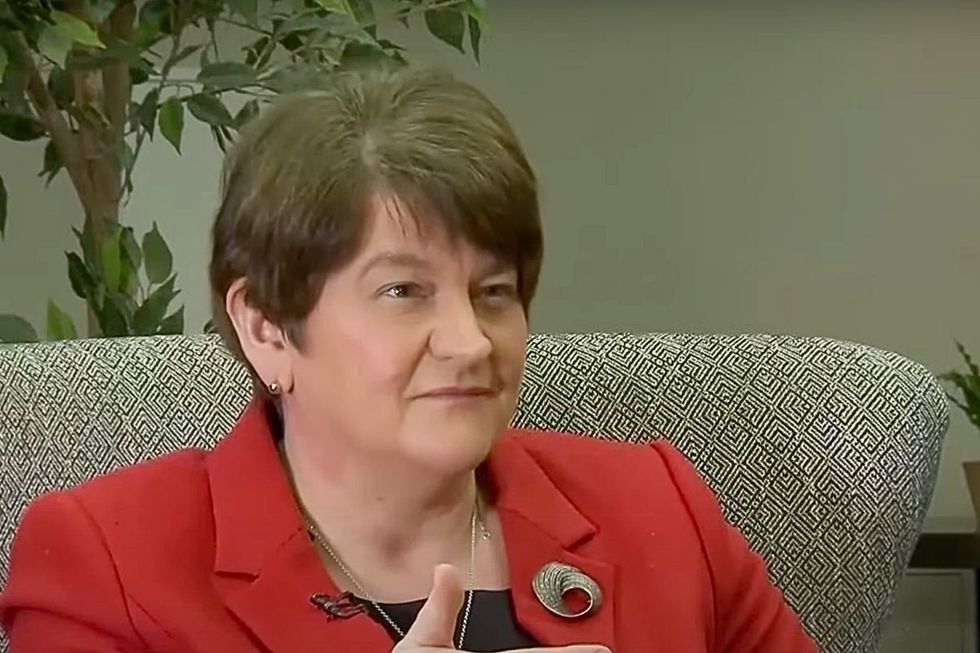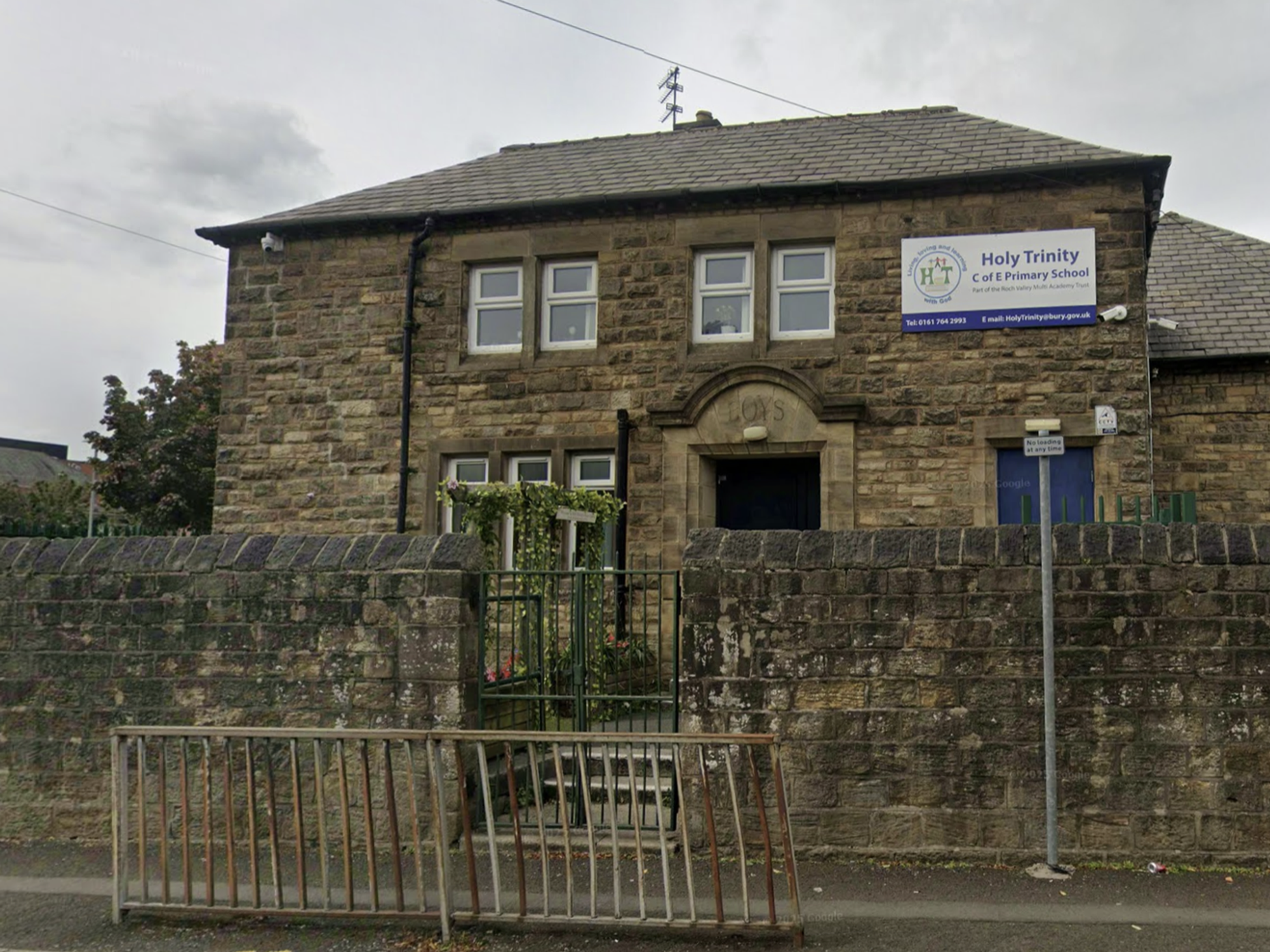Warning issued over peace in Northern Ireland on 25th anniversary

Bertie Ahern said there were two mistakes with the Good Friday Agreement
|GB News
The former Irish Taoiseach said there risked being 'trouble' ahead
Don't Miss
Most Read
Bertie Ahern believes politicians must deliver messages of “reconciliation, peace and confidence” if they are to secure lasting peace in Northern Ireland.
Ahern, one of the architects of the Good Friday agreement, opened up in an exclusive interview with GB News.
The former Taoiseach was speaking to Arlene Foster on the 25th anniversary of the 1998 deal.
Predicting how future peace could be delivered, Ahern also pinpointed cross community consent as key.

Bertie Ahern opened up on the legacy of the historic deal to Arlene Foster
|GB News
“The whole foundations of anything that we have achieved - and we haven’t achieved everything - is based on cross community consent,” he said.
“The reality is if you don't get agreements you’re going to run into trouble.
"You might get over today but you'll be in trouble next week. So I think we need to try and find a way where institutions, all of the institutions, all of them, because there's four or five of them in the agreement, consent.
“I also think we need to do far more on reconciliation. Some people say to me now: ‘So the way forward is just the middle ground and you move on’. And you know you try to explain to them as I've done many times that it's not so simple.
“It's no good thinking that we've actually got over these things. So today's politicians, and those of the future have to be talking messages of reconciliation and peace and confidence.
"I think a bit of education about how bad things were is also a help when you're trying to go forward."
Reflecting on the approach he took more than two decades ago, he continued: "In politics, people say leaders shall be very strong and forthright and they shall be clear on their views.
“The reality is if you do that, you'll never do anything. Because if you don't go in to try and find solutions and compromises and understand people and build confidence, well you're wasting your space, you know you're not going to do anything.
“So I think what I always try to do, I very much honed my thinking around where do you find the middle ground.
"Understand what people are saying and then try and see if you can be of some use to that, and to the process. And I did that very much in the North. And the more you do it the more you understand because you do see where the other person is at and why they're at that position and they're not at it because today is Monday and yesterday was Sunday. I mean they're at it because of some huge conviction in their life. So you know that was always what I tried to do.”
Speaking to Arlene Foster during an interview broadcast on Camilla Tominey Today, Ahern was asked if he had any regrets in relation to the 1998 agreement.
Pinpointing two things he said: "Decommissioning became a nightmare, that was the first thing and it got us off to a bad start. You know it's like in football terms, we were three down before we started. And I think that was a pity because Tony Blair and I spent huge energy from 1998 to 2003. They were five hard years. And that period we should have been getting a good win behind other things.
“Then the other thing is legacy. We did nothing on legacy. The other day I met Reverend Mason, the Methodist leader and I met a group with him.
"There was one girl there who really struck me. Her father was an RUC man and the IRA blew her father up and in the process blew her mother up. The two of them were killed. And 10 years later she was involved in the bomb where the IRA killed six British soldiers and she lost her legs.
"You know, it was a horror story in her life. You're struck by these stories. I know these stories go through all the communities. But you know that legacy issue is still there."










